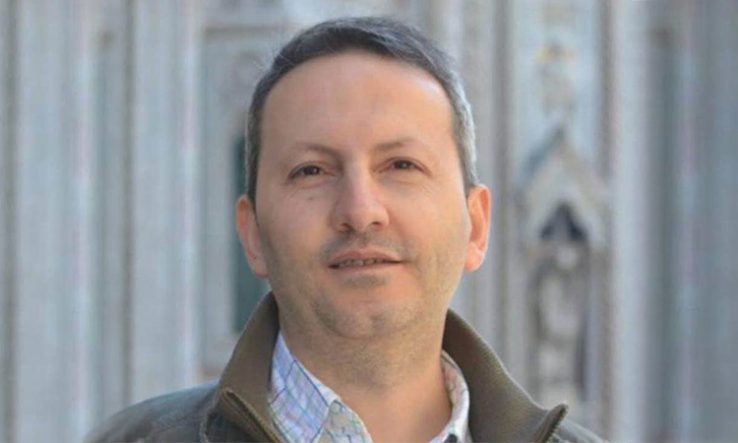
Conditions of Ahmadreza Djalali’s detention amount to “torture” say UN human rights experts
Academic groups and human rights advocates have again sounded the alarm over the health of Ahmadreza Djalali, a Swedish-Iranian researcher who has been imprisoned in Iran since 2016.
Djalali is “near death” after more than 100 days in solitary confinement, UN human rights experts said on 18 March.
“Medical issues have prevented him from eating properly, resulting in dramatic weight loss. His situation is so difficult that he reportedly has trouble speaking,” the UN experts said, adding that Djalali’s “severe physical and psychological ill-treatment” amounts to “torture”.
The Iranian government had not responded to a request for comment from Research Professional News by the time this article was published.
Djalali was arrested on charges of spying in 2016 after accepting an invitation from the public University of Tehran to give a talk on his specialism of disaster medicine. He was sentenced to death in 2017 and has previously been moved unexpectedly from Tehran’s Evin Prison to secret locations.
The European University Association said on 22 March that the news on Djalali’s deteriorating health was “particularly concerning” and encouraged its member institutions to demand his immediate release through the Scholars at Risk network.
Scholars at Risk has said Djalali has lost 8-9kg in weight, is suffering from stomach pain, has difficulty breathing, and has a resting heartbeat as low as 40 beats per minute.
Djalali’s wife, Vida Mehrannia, told Research Professional News the best way for supporters to advocate for Djalali’s release was through Scholars at Risk, as well as Amnesty International’s Swedish, Belgian and Italian branches and the UN special rapporteur.
“We hope to see more action by international communities for Ahmadreza’s release,” she said, adding that her husband had been awarded a Scholars at Risk fellowship at Harvard University in the United States in December 2020.